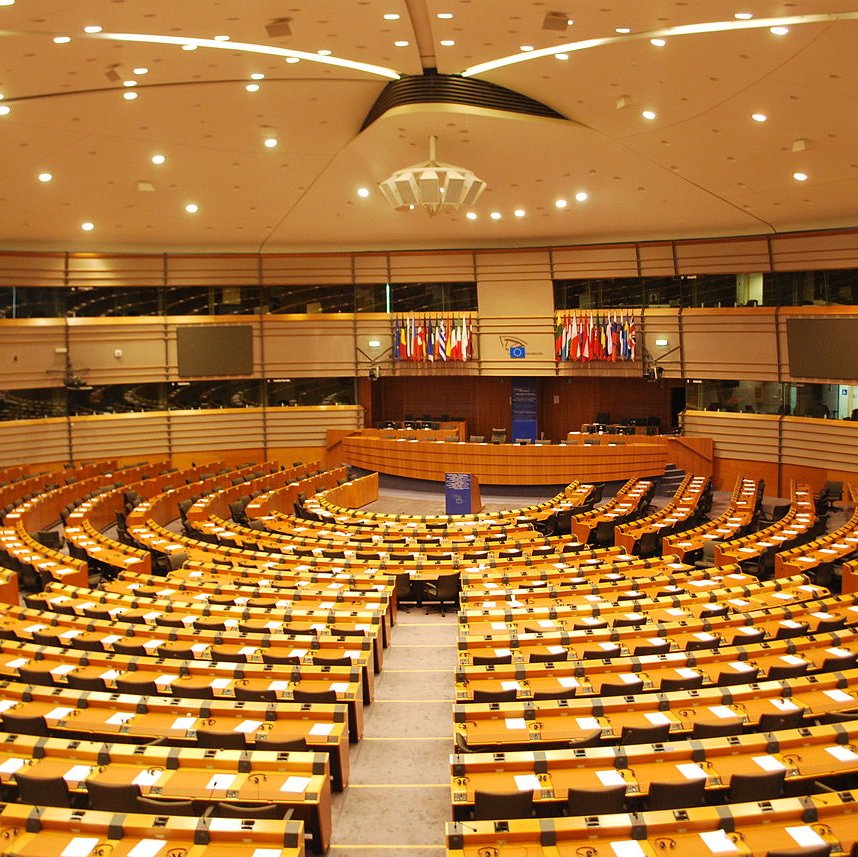EU: Parliament adopts position on due diligence law; incl. major improvements but loopholes remain

"EU Parliament gives green light to corporate due diligence law, but still leaves grave loopholes", 1 June 2023
Today, Members of the European Parliament voted in favour of new legislation that would require EU companies to risk-assess and prevent harm to human rights, the climate and the environment in their global value chains.
The Parliament’s position on due diligence includes several major improvements on the previous proposals by the European Commission and the Council. Notably, the position aligns more closely with international standards on business and human rights by clarifying how companies can address harm and work with people who may be affected by company activities. It also lowers hurdles to access to justice for victims, by extending the statute of limitations on corporate abuse cases and offering financial and legal assistance to victims. However, the Parliament failed to reverse the burden of proof, meaning a major barrier to justice remains.
This law should add backbone to the EU’s own Green Deal targets, but the Parliament has chosen to ignore the environmental protections recommended by its own environmental committee. Meanwhile the financial sector, in spite of its powerful influence over how businesses carry out their operations, is given preferential treatment in the text.
ECCJ policy officer Christopher Patz said “We face pressing interlocked climate and economic crises. Political compromise has once again eroded key measures to protect the environment and provide access to justice.”
Eyes are on the EU to set the standard for how companies are expected to act. It’s imperative that in the upcoming trialogue, Parliament defends what progress has been made on access to justice, closes the loopholes and creates a strong due diligence law that can stand the stress test of social, ecological and geopolitical pressures.”
To highlight the difficulty that affected communities face in accessing justice, this morning before the vote, the Justice is Everybody’s Business campaign installed a 4-metre-high model mountain outside the European Parliament. Activists in real court cases of corporate abuse gave speeches of their experiences (1).
The EU institutions will enter into negotiations on the final text over the summer months.